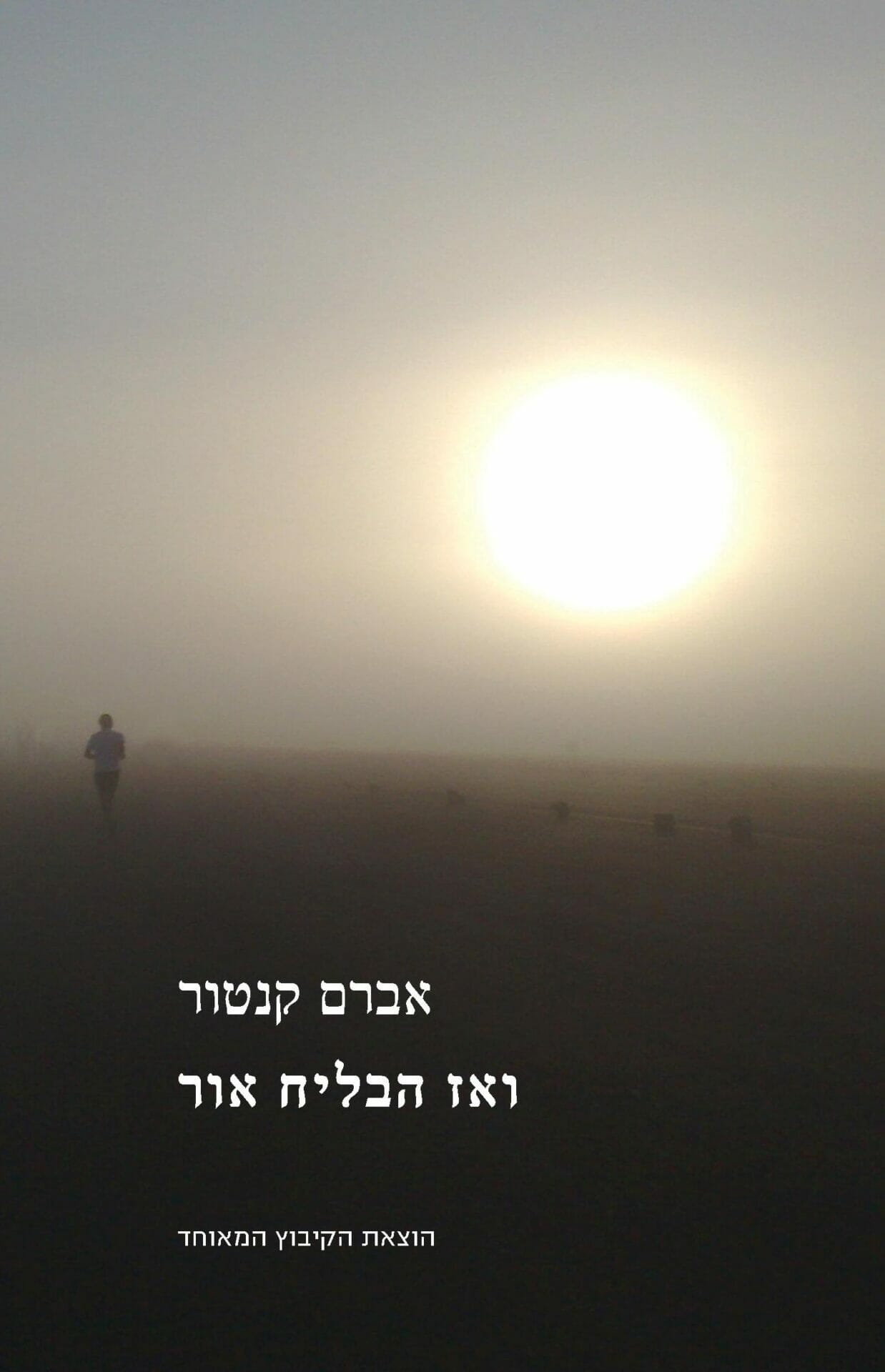
Let There Be Light
Avinoam came home from the war wounded in both body and mind. He witnessed the horrific death of a friend in combat, and the traumatic event will not leave him be. He wants to erase it from his memory, but he keeps going back to it. A shining light bursts into his mind and fills him with dread, then he awakens sweating in the dark next to his peacefully sleeping wife Naomi. The light, accompanied by the sarcastic laugh of his dead friend, haunts him in the daytime too, but he tells neither his wife nor anyone else. As a result, the routines of life seem meaningless, everything is pointless, absurd, valueless. The trauma disrupts his family life, his love-making and his work, including a business trip to Frankfurt. But Avinoam learns to live with it, and the sense of meaninglessness helps him deal with the petty struggles, emotional outbursts and human sorrow that surround him. For he observes everything from the sidelines, not really involved.
This sensitive novel follows Avinoam’s attempts to overcome his panic attacks and to understand the mental mechanism that causes them. And although he hides his secret, the loving and wise Naomi understands him. This is an optimistic novel, and the reader will empathize with Avinoam who finally manages to get a hold on his life and appreciate its meaning. The light is not only dazzling and painful, a prelude to nightmares: it can also be soft and consoling, the dawn of a new day.

-
“ It is not easy to describe a traumatic condition in so plastic a manner without slipping into pathos or self-pity. But Kantor succeeds, in his descriptions of places, voices, colors…The delicate shading, that tries hard to render the experience, creates trust and compassion in the reader, and is evidence of an impressive writing talent. ”
-
“Kantor’s book raises probing questions on the place of therapy for people who have undergone battle trauma but are ostensibly functioning … The writing of this book breaks an empty and menacing silence, and this is Kantor’s greatness.”
-
“ A book that made me shed a tear, and gave me unique pleasure … A touching book; I wish I could write like Avram Kantor.”
